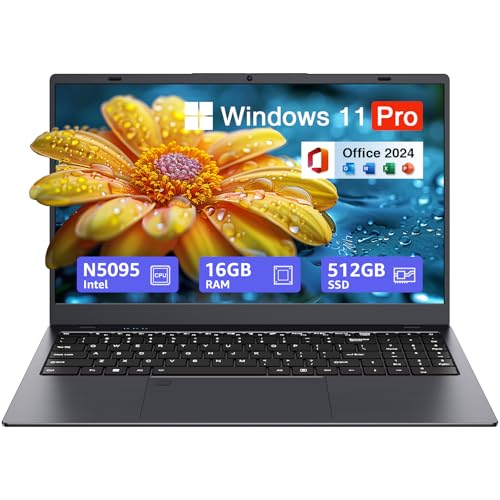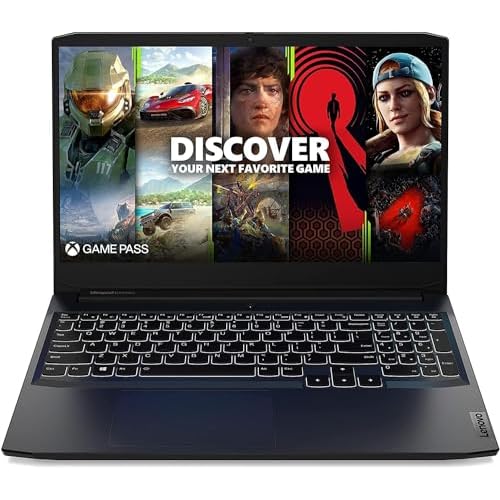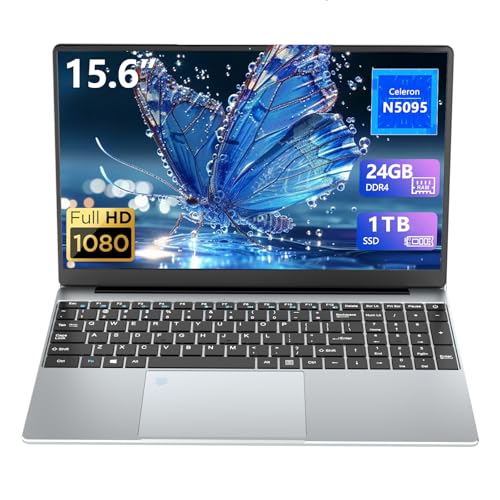When it comes to gaming laptops, the GPU model you choose can make a world of difference in your gaming experience. The GPU is the powerhouse behind rendering those stunning graphics and keeping your gameplay smooth. But have you ever wondered how different GPU models impact these capabilities? From frame rates to visual fidelity, the GPU can be the make-or-break component in your gaming setup. So, which GPU model is right for you? Let’s explore the nuances and implications of selecting the perfect GPU for your gaming laptop.
Performance Differences Among GPU Models
When selecting a gaming laptop, understanding the performance differences among GPU models is crucial for maximizing your gaming experience. The GPU, or Graphics Processing Unit, is like the powerhouse of your gaming laptop, responsible for rendering graphics, textures, and effects smoothly and swiftly. Different GPU models offer varying levels of performance, affecting the overall gaming experience.
For instance, higher-end GPUs like the NVIDIA RTX series or AMD Radeon RX series provide better graphics quality, higher frame rates, and support for advanced technologies like ray tracing and DLSS.
Conversely, lower-tier GPUs may struggle to keep up with modern games at higher settings, resulting in lower frame rates, reduced visual fidelity, and potential gameplay hitches. Understanding the performance disparities among GPU models allows you to make an informed decision based on your gaming preferences and budget.
Whether you aim for seamless 4K gaming, competitive esports performance, or casual gaming on the go, choosing the right GPU model tailored to your needs can significantly enhance your overall gaming experience.
Factors Influencing Gaming Laptop GPU Selection
To make an informed choice when selecting a gaming laptop, consider the various factors that influence the GPU model you opt for.
The first factor to weigh is the intended use of the laptop. If you plan on running demanding games with high graphics settings, a more powerful GPU like an NVIDIA RTX series might be necessary. However, if your gaming needs are more casual or less graphics-intensive, a lower-tier GPU such as an NVIDIA GTX series could suffice, saving you money without compromising performance significantly.
Another crucial factor is future-proofing. Investing in a slightly higher-end GPU now could extend the laptop’s lifespan before becoming obsolete for upcoming games. Additionally, consider the laptop’s overall cooling system. A powerful GPU generates more heat, so ensure the laptop has adequate cooling mechanisms to prevent overheating and performance throttling.
Lastly, think about the manufacturer’s reputation for driver support and reliability, as these can impact your gaming experience in the long run.
Benchmarking GPU Models for Gaming Laptops
Benchmark various GPU models to determine their performance suitability for gaming laptops. When comparing GPU models for gaming laptops, key benchmarks to consider include 3DMark, Unigine Superposition, and game-specific benchmarks like Shadow of the Tomb Raider or Battlefield V. These benchmarks assess factors like rendering quality, frame rates, and overall performance under different gaming conditions. By analyzing these benchmarks, you can gauge how well a particular GPU model handles modern games and if it meets your gaming requirements.
For example, a GPU that performs well in 3DMark’s Time Spy benchmark may excel in handling DirectX 12 games, while a high score in Unigine Superposition can indicate strong graphical capabilities. Game-specific benchmarks provide insight into how a GPU handles real-world gaming scenarios, giving you a practical understanding of its performance. By conducting these benchmarks on various GPU models, you can make informed decisions about which GPU is best suited for your gaming laptop based on the specific games you play and the performance level you desire.
Future Trends in Gaming Laptop GPU Technology
The evolution of gaming laptop GPU technology is shaping the future of portable gaming experiences. As technology advances, gaming laptops are expected to see significant improvements in GPU capabilities. One key trend on the horizon is the integration of ray tracing technology into mobile GPUs. Ray tracing enhances graphical realism by simulating how light interacts with objects in a scene, resulting in stunning visuals. Manufacturers are also focusing on optimizing power efficiency without compromising performance, aiming to extend battery life for extended gaming sessions on the go.
Another trend to watch for is the continued miniaturization of GPUs, allowing for slimmer and lighter gaming laptops without sacrificing power. This trend aligns with the increasing demand for portable yet powerful gaming devices. Additionally, advancements in cooling solutions are vital to maintaining optimal GPU performance in compact laptop designs. Improved thermal management will enable GPUs to run at peak performance levels for longer durations, enhancing overall gaming experiences on laptops. As these trends unfold, gaming laptop GPU technology is set to deliver increasingly immersive and high-performance gaming experiences in the future.
Trending Products













